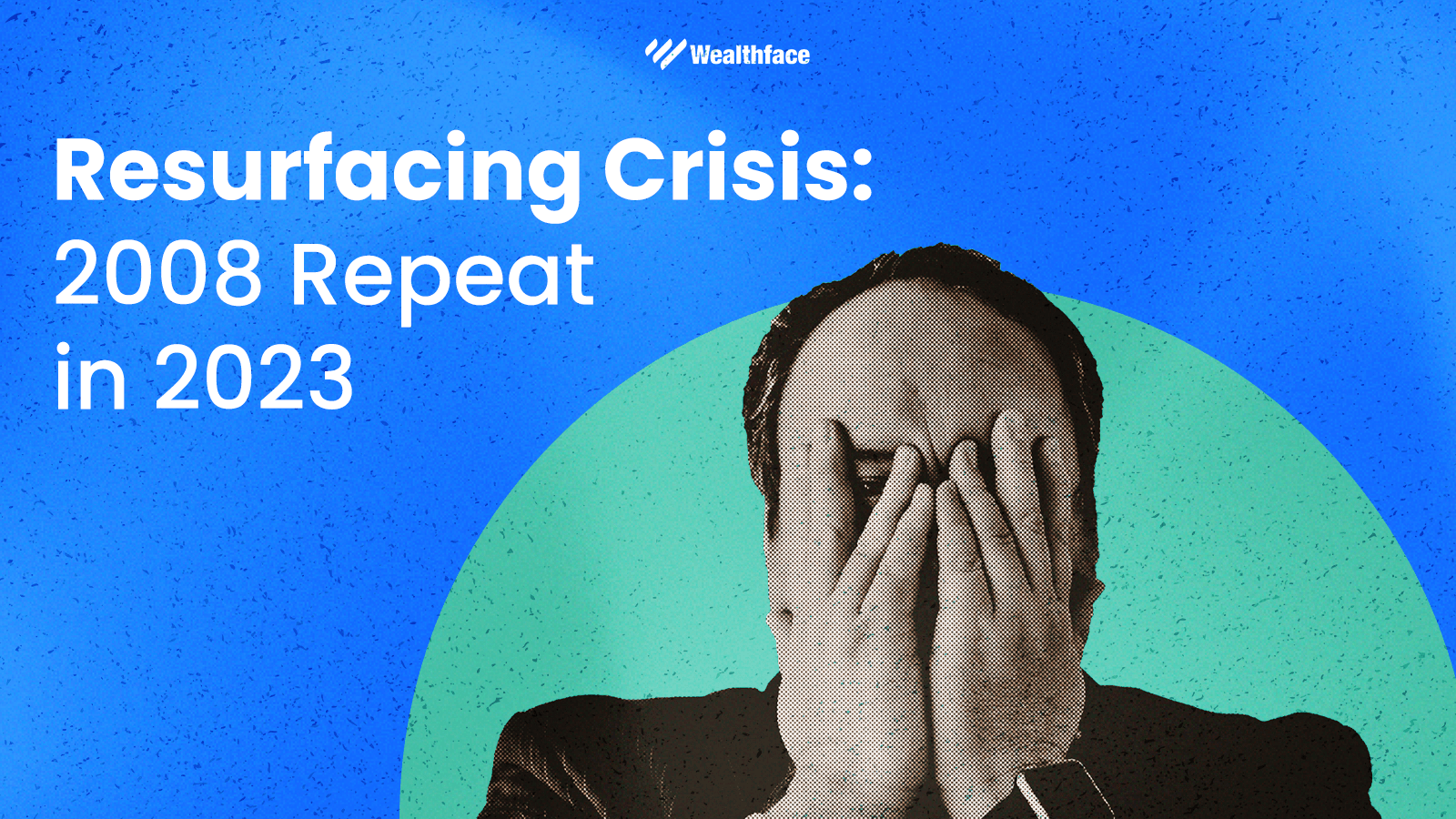
2008 VS 2023 – A Financial & Economic Crisis Comparison

It’s difficult to say definitively whether we are in the 2008 scenario again, as the current economic situation is unique and has its own set of challenges. However, there are some similarities between the current economic climate and the situation in 2008.
In 2008, the global financial crisis was triggered by the collapse of the housing market in the United States, which caused a ripple effect throughout the global economy. Currently, there are concerns about the impact of the COVID-19 pandemic on the global economy, with many countries experiencing recessionary conditions.
What are the similarities between the 2008 crisis and the current economic situation?
The current economic situation shares some similarities with the 2008 global financial crisis, particularly in terms of the impact on the global economy and the measures being taken to address the crisis. Some similarities are:
1. Economic recession:
Like in 2008, the global economy is facing a recessionary environment, with many countries experiencing negative GDP growth, high levels of unemployment, and reduced consumer spending.
2. Government intervention:
In both cases, governments have intervened to support the economy through monetary and fiscal policies. In 2008, governments implemented policies such as quantitative easing, low-interest rates, and bailout packages to support the financial system. Similarly, in the current crisis, governments are implementing stimulus packages, loan guarantees, and other measures to support businesses and individuals affected by the pandemic.
3. Financial market volatility:
The current crisis has also led to significant volatility in financial markets, with stock prices and other asset values experiencing sharp declines and then recovering. This is similar to what was observed in 2008, where the financial markets were severely impacted by the crisis.
However, it is important to note that the current economic situation has some unique characteristics, such as the nature of the crisis (a pandemic as opposed to a financial crisis), the speed and scale of the economic shutdown, and the significant role of technology in enabling remote work and maintaining economic activity. Therefore, while there are some similarities with 2008, the current situation is different and requires a nuanced understanding.
What are the lessons that investors should learn from the 2008 crisis and apply now?
The 2008 financial crisis was a significant event that taught investors some valuable lessons. Here are some key takeaways that investors can apply now:
1. Diversify your portfolio:
The crisis showed that even diversified portfolios were impacted by the market downturn. However, diversification across different asset classes such as stocks, bonds, and alternative investments can help reduce the overall risk in your portfolio.
2. Stay invested for the long-term:
The market downturn in 2008 was severe, but those who stayed invested for the long-term were able to recover their losses and benefit from the subsequent market rebound. This highlights the importance of staying invested and not making emotional decisions based on short-term market movements.
3. Focus on quality investments:
The crisis exposed many companies with weak balance sheets and high levels of debt, leading to significant losses for investors. Focusing on quality companies with strong financials and competitive advantages can help investors weather market downturns.
4. Maintain adequate cash reserves:
The crisis showed the importance of having adequate cash reserves to meet short-term needs and take advantage of investment opportunities during market downturns.
5. Keep a long-term perspective:
The 2008 crisis was a reminder that markets can be volatile and unpredictable in the short-term. Maintaining a long-term perspective and avoiding short-term thinking can help investors stay focused on their long-term investment goals.
In brief, the lessons from the 2008 financial crisis can be applied to the current economic environment to help investors navigate the current uncertainties and build a resilient investment portfolio.
Bottom Line
In both cases, the 2008 crisis and the current economic situation, there has been significant government intervention in the form of stimulus packages and monetary policy measures to support the economy. However, the specific details of these interventions and their effectiveness may differ from those implemented in 2008.
To wrap it up, though the world might witness pecuniary problems in the coming years, probably because recession is a part and parcel in an economic cycle, the great financial crisis of 2008 was a phenomenon in itself and is most likely not going to occur again.




